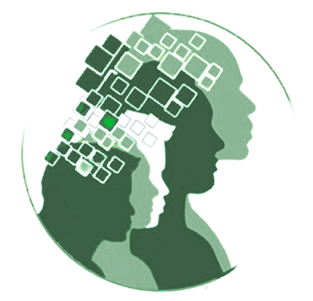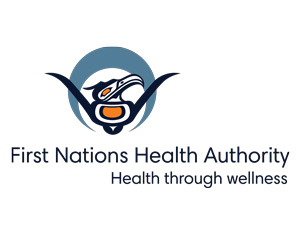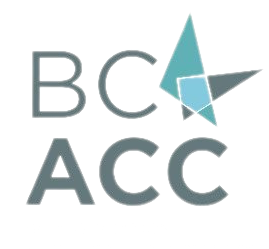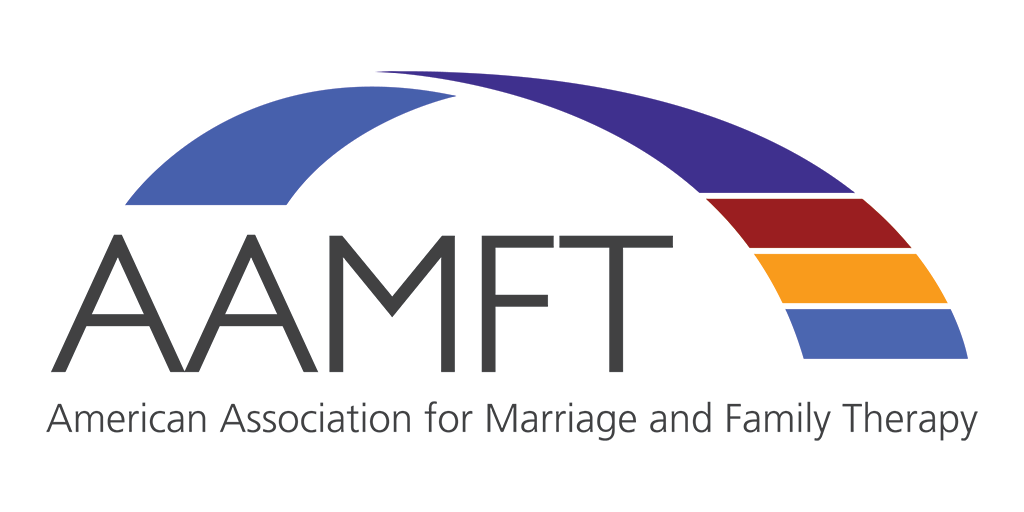Have you ever expected how to cope with loneliness and overcome it? At times, we may recognize the feelings and emotions associated with our struggles, yet we lack clarity on how to manage or heal from them. Various emotions may overwhelm us, and often, we find ourselves grappling with these emotions without a clear understanding of their origins, leading to a roller coaster of feelings.
Loneliness is one such emotion that individuals may encounter. Interestingly, being with oneself can alleviate loneliness, suggesting that self-connection is key. However, understanding how to be with ourselves and re-establishing that connection poses a significant question that I aim to address in this article.
What is self-connection?
First and foremost, I would like to emphasize some key terms associated with self-connection. These include self-worth, self-intimacy, self-image, self-trust, self-confidence, and other positive descriptors that contribute to a comprehensive understanding of oneself.
To unravel the concept of self-connection, it’s essential to delve into a connection that surpasses mere communication—it’s about a profound level of communication. Consider how we interact with a friend, understanding their preferences, paying attention to their body language, and grasping their emotions. Surprisingly, these dynamics hold true when it comes to our own selves. We communicate internally, assessing our feelings and emotions, even categorizing and labeling them in the present moment.
Self-connection revolves around understanding and trusting ourselves, recognizing our human vulnerability. Embracing our limitations and weaknesses is integral to forming a genuine connection, both with others and ourselves. Just as acknowledging a friend’s vulnerabilities is crucial for a meaningful connection, the same principle applies to our self-connection journey. By accepting our limitations without judgment, we pave the way for a more authentic connection with ourselves as human beings. Therefore, when seeking to connect with ourselves, it’s imperative to acknowledge both sides of our story—our strengths and our weaknesses. This dual awareness fosters a deeper connection, enabling us to cultivate greater self-intimacy.
Why is self-connection important?
Self-connection is crucial, as being connected to ourself plays a pivotal role in the following aspects:
1.Self-Honesty:
Self-connection elevates self-honesty, offering a clear understanding of personal desires. This heightened self-connection facilitates the development of well-defined plans for the present and future. The rationale behind this lies in the fact that establishing a connection with oneself allows for a comprehensive understanding of personal preferences. The depth of our self-connection correlates with our comfort in truthfully acknowledging our past and present selves. Analogous to the openness we share with a close friend, being closely connected to ourselves encourages a profound self-expression. Just as intimacy in relationships fosters deep communication, self-connection enables us to authentically express who we were, who we are in the present moment and what we want.
2. Time-Saving:
A significant advantage is the efficient use of time. Self-connection prevents wasting time on pursuits that don’t align with our values, whether in relationships, jobs, or education.
3. Life Purpose and Direction:
Self-connection serves as the ultimate guide in answering life’s profound questions that why I am here, what should I do in my life, how do I live my life. These are questions that people from various cultures and societies ask themselves. It is from Rumi:
All day I think about it, then at night I say it.
Where did I come from, and what am I supposed to be doing?
I have no idea.
My soul is from elsewhere, I’m sure of that,
and I intend to end up there.
Therefore, if we have a proper understanding of ourselves, meaning if we are connected to ourselves, we can discover practical answers to the profound questions posed by influential figures in the world’s history.
4. Protection:
Being connected to oneself facilitates self-protection. Establishing deep connections and fostering communication with oneself are essential prerequisites for safeguarding one’s well-being. This self-awareness enables a comprehensive understanding of personal weaknesses and strengths, empowering oneself to take proactive measures for protection.
5. Deeper communication and connection with the right people:
When you are intimately connected to yourself, people find it easier to communicate with you. Your self-connection and honesty create an environment where others feel they know you authentically, fostering trust and connection. Moreover, self-connection extends to building connections with others and forming meaningful friendships. When we are grounded in self-connection, our honesty allows others to understand us, enabling them to make informed decisions about whether to remain in our lives. While some may choose to distance themselves due to differences, others may be drawn to us, recognizing the shared similarities. This underscores the importance of relationships, emphasizing that all connections, especially deep ones, stem from self-connection.
How Can We Connect to Ourself?
- Daily Self-Check
Understanding and being aware of ourselves is not an easy task. The inherent nature of human beings is complex, challenging to comprehend, realize, and describe. That’s why it’s crucial to regularly check in on ourselves, delving into a daily exploration to learn more about who we are. Each person is unique and infinite in how they describe themselves, their desires, and needs. This individuality emphasizes the necessity of daily self-reflection.
Given the diverse environments each of us encounters, our feelings and emotions can vary, existing at different stages. Understanding these nuances requires a connection with ourselves, prompting us to assess how we think, feel, and identify the sources of our thoughts and emotions in the present moment.
Through daily introspection, we gain insights into ourselves, fostering a deeper connection. The initial step in this process is acquiring knowledge about ourselves. Regular self-checks allow us to embark on the journey of self-connection, ensuring that we continuously learn and understand more about who we are.
2. Paying Attention to Your Feelings and Emotions
How attentive are we to our daily feelings and emotions? Can we articulate and identify various emotions we experience, even putting them into words? Whether connecting with someone else or with ourselves, it’s essential to actively check, learn, and pay attention to our feelings and emotions.
Self-connection demands a particular kind of attention—an attention not only focused on learning about our feelings and emotions but also on acknowledging them. It involves a dialogue with ourselves, recognizing and verbalizing our emotional experiences. For instance, understanding that it’s okay to feel sad, stressed, or anxious, and openly acknowledging these emotions is a crucial aspect of nurturing self-connection.
3. Be Present
The past may evoke feelings of depression, and the future can trigger anxiety. However, what about the present? Being present doesn’t imply disregarding our past or future; it underscores the importance of acknowledging and being aware that our energy is invested in the present moment, enriching and nourishing it rather than feeling stuck in times beyond our immediate reach.
Being connected to ourselves necessitates being fully present, engaging with the current moment, and understanding the circumstances and conditions in which we are investing our energy. This means recognizing what we are doing at this very moment and for which aspect of our life, situation, or condition we are expending our energy. Whether it’s for the past, future, or present, the overarching goal is to enrich and nourish our current reality.
While the past is unalterable, and the future remains uncertain, focusing on the present empowers us to make deliberate choices and shape our current experiences. It is a reminder that, in order to be connected to ourselves, we must be attuned to our actions and choices in the present, with the ultimate aim of enhancing and sustaining our current state of being.
4.Being Part of a Support Group
Connecting with ourselves requires not only internal support but also external support from others. It involves seeking feedback, sharing our feelings, concerns, and limitations within a supportive group that offers understanding without judgment or criticism. Being part of a support group means finding a community that accepts us unconditionally, acknowledging our vulnerabilities and limitations.
Within a supportive community, where people accept us for who we are, we find reassurance in ourselves and our current conditions. Being connected to ourselves involves receiving support that helps us recognize our limitations, provides valuable feedback for self-improvement, and fosters a deep understanding and love for ourselves. In essence, the support of others becomes instrumental in our journey to learn more about ourselves and to cultivate self-love. Group therapy provides a valuable setting to receive substantial support, not just from the group leader or therapist but also from your peers who share the same group experience as you.
If you feel the need to address your loneliness through therapy, whether in group sessions or individual sessions, whether in-person or virtual, do not hesitate to reach out to us or book an appoitnment.










